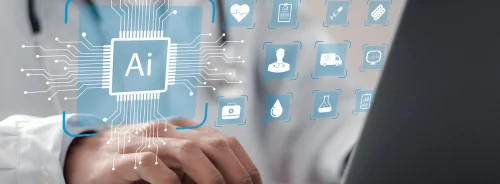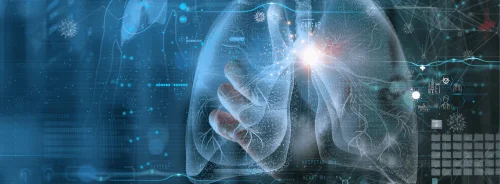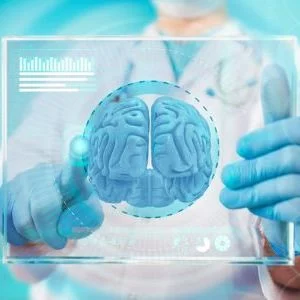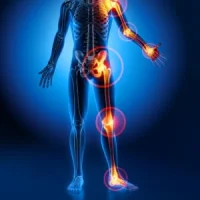On 11 April, the U.S. Food and Drug Administration (FDA) warned healthcare providers that radiological computer-aided triage and notification (CADt) devices should be used not to diagnose patients that may have intracranial large vessel occlusion (LVO).
In its letter, the FDA reminded healthcare providers that the purpose of LVO CADt devices is to aid in prioritising and triaging time-sensitive suspected LVO findings based on the AI analysis of radiological brain exams. They are not designed to diagnose patients or remove patients from the physician’s reading queue. The FDA determined that based on real-world evidence, that providers may not be aware of these devices’ intended use and thus there is potential exist for ‘misdiagnosis resulting in patient injury or death’.
The FDA made five recommendations to healthcare providers:
1. Be aware that these devices only flag radiological exams with suspected findings but should never replace an imaging physician’s judgement.
2. Recognise that LVO CADt devices cannot dismiss the possibility of an LVO. Unflagged exams may still have an LVO.
3. Recognize that when used to prioritise and triage (not to diagnose), the devices can improve workflow by prioritising suspected cases
4. Recognise that these devices do not remove imaging exams from the interpretation queue. Unflagged exams should still be interpreted by an imaging physician.
5. Be aware that LVO CADt devices may not be designed and tested to evaluate all intracranial vessels. Understand for which vessels the devices are designed.
The FDA said it is working with LVO CADt device manufacturers to ensure that healthcare providers are properly informed about the intended use of these devices. Given that postmarket performance in clinical practice may not match the premarket data, the FDA is also engaged in ongoing post-market surveillance efforts for these devices.
Source: U.S. FDA










